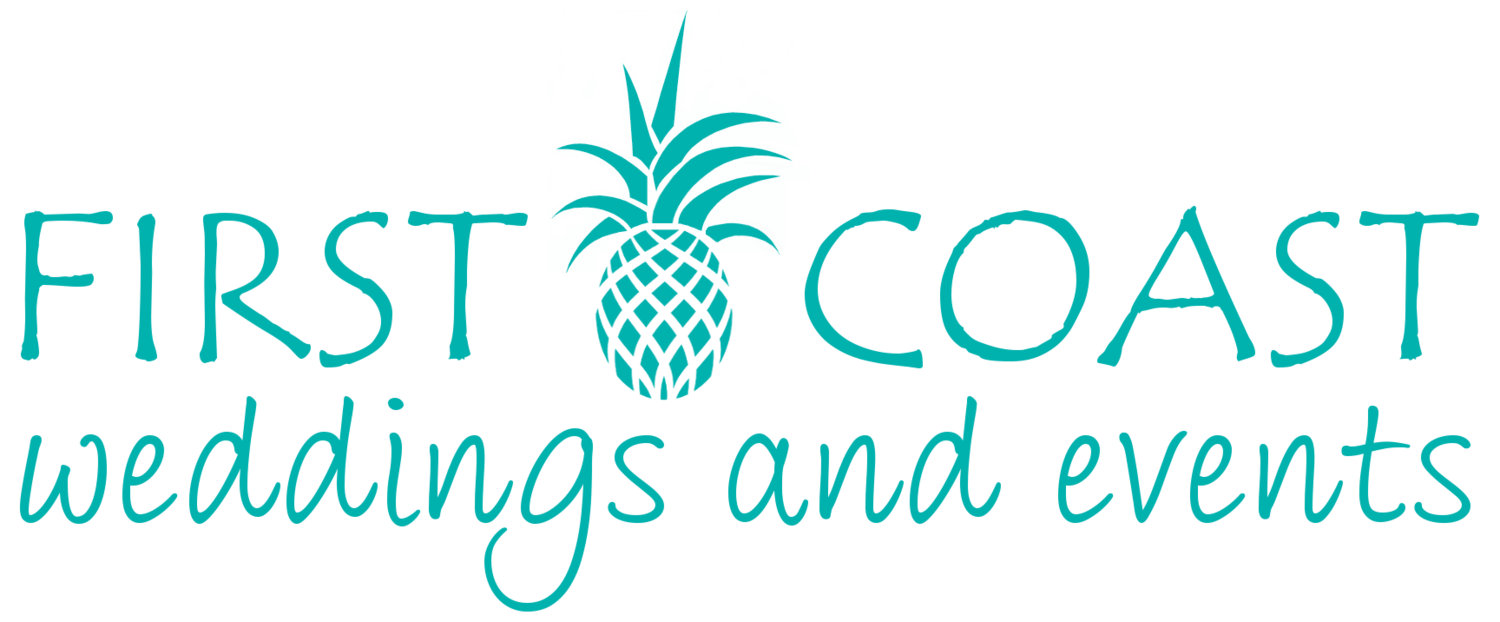Planning a wedding is an exciting time, filled with dreams of beautiful flowers, delicious food, and dancing the night away with loved ones. But let's be real, it's also a time when budgets can quickly spiral out of control. As a wedding planner, I've seen firsthand how easily costs can add up. So, to help you navigate the financial side of your big day, I'm sharing the top three things that can significantly impact your wedding budget. Being aware of these potential budget busters early on will allow you to make informed decisions and keep your wedding dreams within reach.
Unmasking the Hidden Fees: The Costly Truth of Planning a Wedding
A wedding is a joyous and memorable occasion, symbolizing the union of love and commitment between two individuals. However, it is no secret that weddings can also be quite expensive, and many couples find themselves dealing with unexpected costs that were not initially part of their budget. These hidden fees can quickly add up, causing stress and financial strain during what should be a blissful time. In this blog post, we will uncover some of the most common hidden fees when planning a wedding, helping you be better prepared and making sure your big day remains a joyous affair without any unwelcome surprises.
How Does Guest Count Affect A Wedding Budget?
How Much Does A Wedding Cost?
Wedding Tips, As Seen on WJXT's The Morning Show
 This morning, I got hang out at Channel 4's The Morning Show and share some tips for planning your wedding. Here is a recap of the tips I discussed, plus a few more we didn't have time for!
This morning, I got hang out at Channel 4's The Morning Show and share some tips for planning your wedding. Here is a recap of the tips I discussed, plus a few more we didn't have time for!- Plan ahead - don't rush your decisions, and spend time comparison shopping. This will also save on rush charges.
- Remember to factor in all aspects of a purchase; for example, your wedding gown may cost $1000 but you also need alterations, shoes, a veil, jewelry, and undergarments. These extras can almost double the price!
- Check websites like Craigslist or Ebay for decorations, centerpieces and accessories. Brides often sell their decorations after a wedding.
- Consider investing in wedding insurance to protect your deposits and purchases.
- Additional venue fees, like room rental, bartenders fees, and overtime charges. Sometimes these are included in the menu price, sometimes they are not.
- Large companies that can't guarantee you will be working with on your wedding day - especially DJs, photographers, videographers. Be sure you can meet with the person you will actually work with to be sure their style matches yours.
- Unlicensed or uninsured vendors.
- Check the Better Business Bureau, online customer reviews, and actual client references before hiring anyone
- Know your budget before you book anything, and prioritize your wish list.
- If you are ordering a product online, order a sample first (invitations, programs, favors).
- Ask about return/refund/cancellation policies; these should be clearly stated on the contract or receipt.
- Use a credit card to add a layer of protection to your deposits.
Prioritizing Your Wedding Budget
One of the most important aspects of the wedding planning process is deciding what your wedding budget will be. How much "should" a wedding cost, you ask? Well there is no right answer. The wedding budget is as individual as the couple themselves. That being said, the average cost of a 150-person wedding is $25,000-30,000. According to The Knot.com the budget is typically broken down with the following percentages: Reception: 48-50%
Ceremony: 2%-3%
Attire: 8%-10%
Flowers: 8-10%
Entertainment/Music: 8%-10%
Photography/Videography:10%-12%
Stationary: 2%-3%
Wedding Rings: 2%-3%
Parking/Transportation: 2%-3%
Gifts: 2%-3%
Miscellaneous: 8%
To avoid stress, allot about 5% of your budget for a "just-in-case" fund.
If you are paying for your honeymoon yourselves, remember to budget for that as well!
Once you have decided on your total budget number, the next step is determining your priorities. Both the bride and groom should make a list of their top three priorities for their wedding, for example photography, cake and flowers. Once your top three are decided, allocate a little bit more to them; then do the opposite for your bottom three choices.
Once you have your budget drafted, start making phone calls for your top three priorities to see if they are close to your budget. Before you start attending lots of meetings and signing contracts, get estimates on a few things to make sure your budget is realistic. If not, go back to the drawing board before moving forward!











